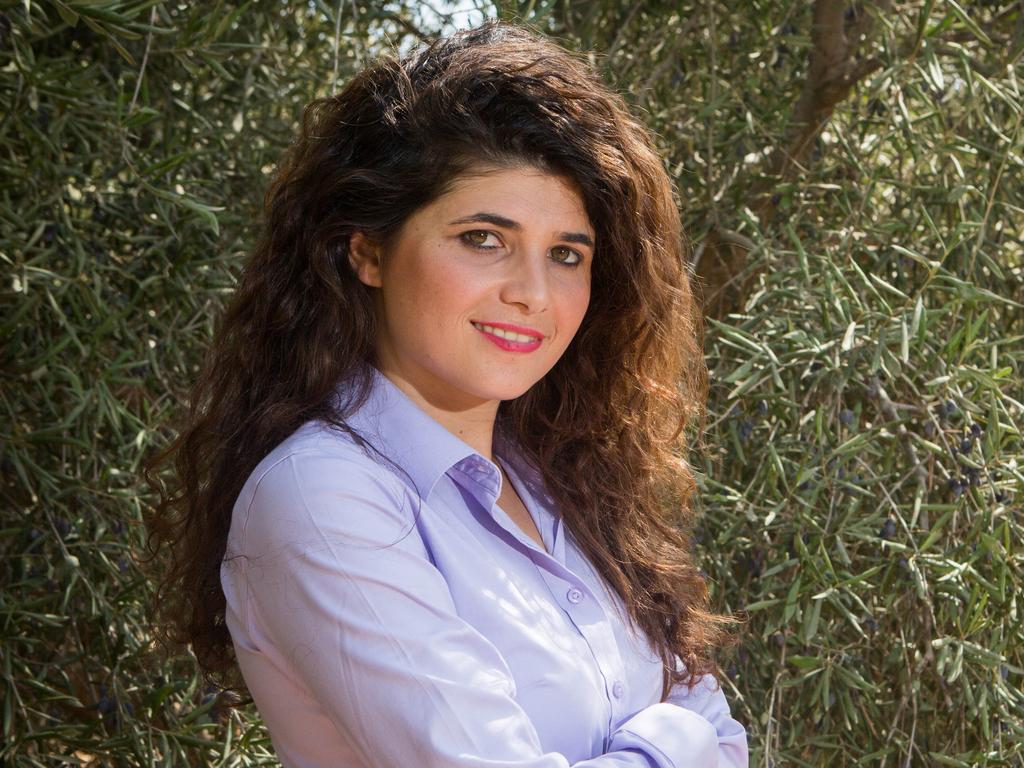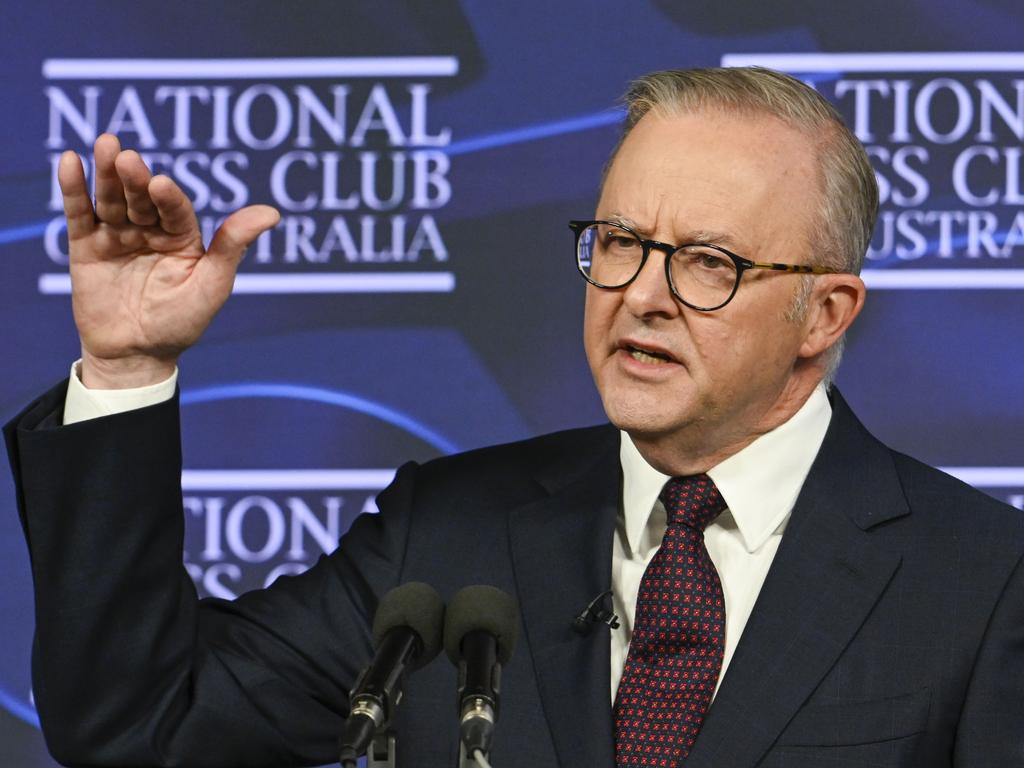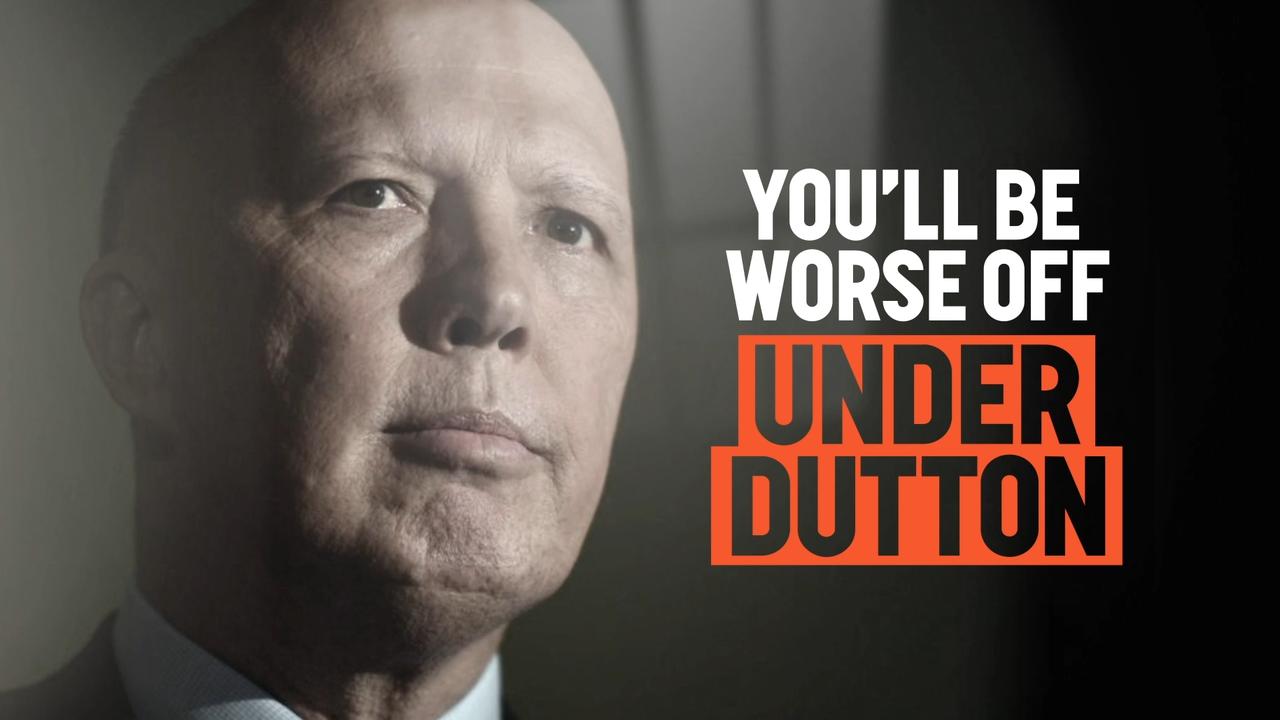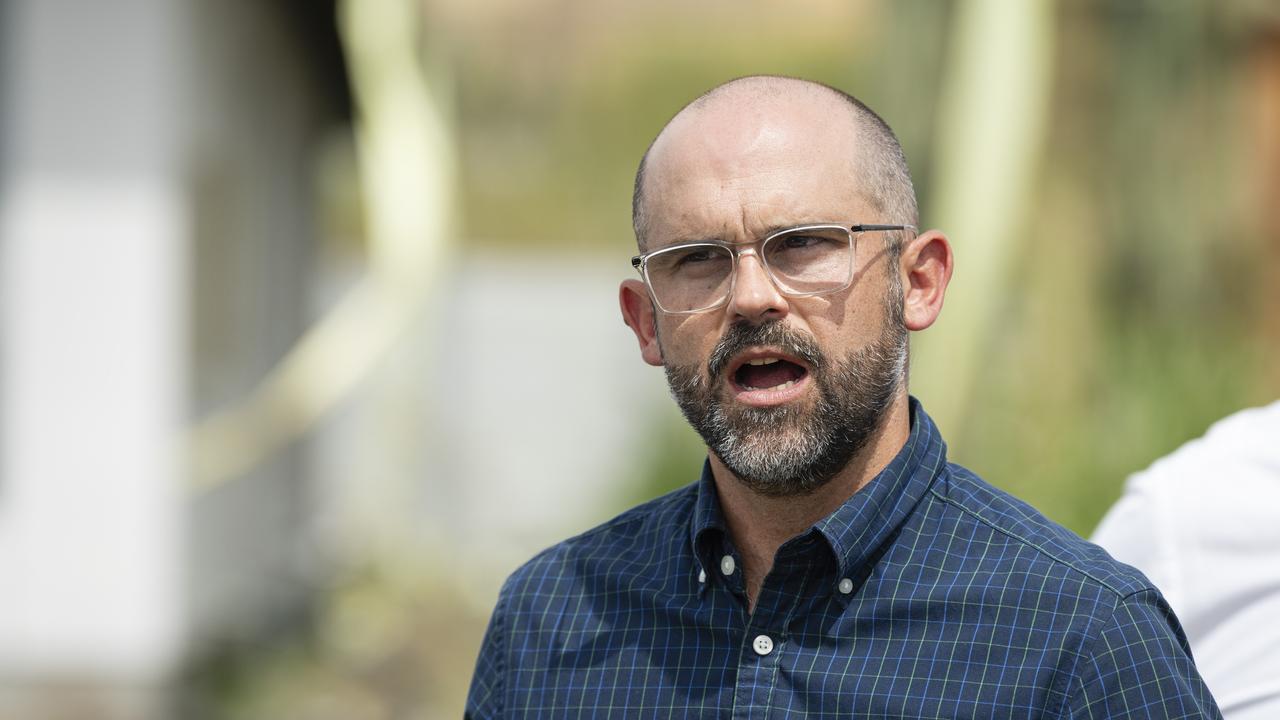‘Health diplomacy’ in action as Australian NGO Rozana gets Palestinian Authority approval
The Palestinian Authority has given a rare but ‘significant’ seal of approval to an Australian cross-faith NGO working to build bridges between Israeli and Palestinian health professionals.
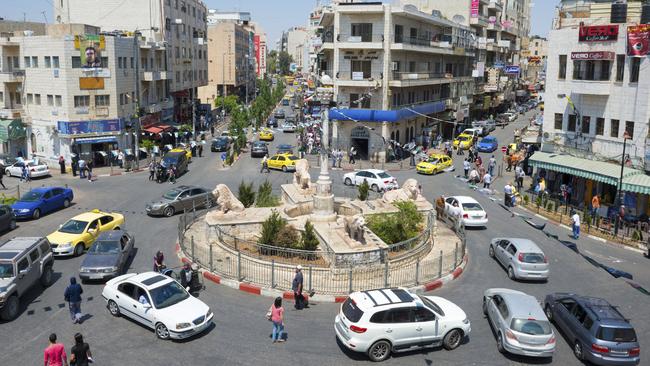
The Palestinian Authority has given a rare but “significant” seal of approval to an Australian cross-faith NGO working to build bridges between Israeli and Palestinian doctors, and fund equipment and training, in the first formal approval of a “cross-border” organisation in years.
Founded by Melbourne businessman Ron Finkel, non-government organisation Rozana funds training for Palestinian doctors and nurses, unites Israeli and Palestinian professionals and institutions, and has facilitated hospital equipment and transfers for injured Gazans to West Bank and East Jerusalem hospitals.
Mr Finkel is Jewish, and Rozana’s executive team and board includes Israelis, Palestinians, and Jewish and Muslim Australians, including – until recently – Lebanese Muslim community leader Jamal Rifi.
It was the Sydney doctor’s involvement with Rozana that prompted a Hezbollah-aligned military court to sentence Dr Rifi to 10 years’ imprisonment for a “baseless” offence of “collaborating” with Israel, forcing him into exile.
On Christmas Eve, the PA’s Interior Minister, Ziad Hab Al-Reeh, certified Rozana as a registered charity and approved the establishment of an official representative office in Palestine, which allows the NGO to take out a local bank account, open an office, and – most importantly – its West Bank-based staff, including director Mohammad Asideh, to engage directly with public hospitals.
Mr Finkel said Rozana’s approval and permit was a “significant breakthrough” after it developed strong relationships with the Palestinian health ministry.
“(The PA) knows that what we do is cross-border and we are fundamentally committed to a two-state solution, and that our commitment is to strengthen Palestinian health infrastructure, particularly at a human capital level,” he said.
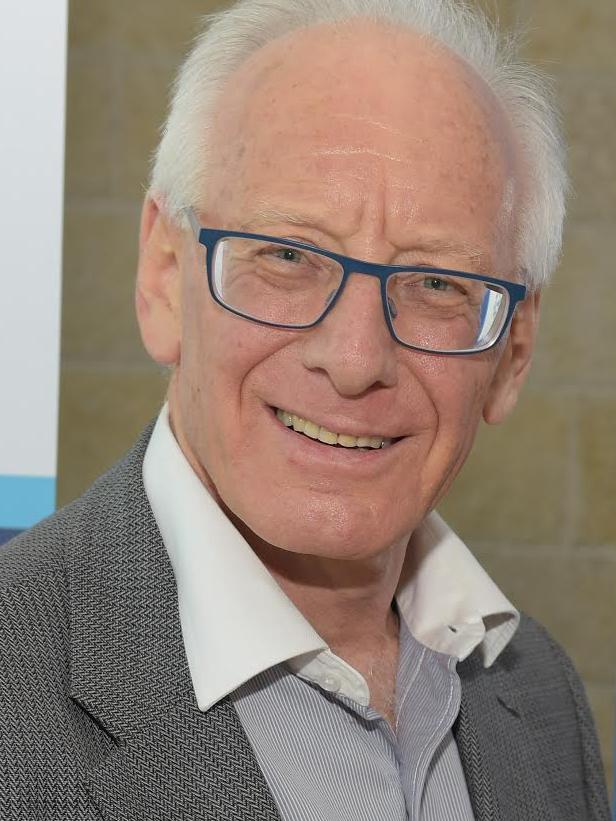
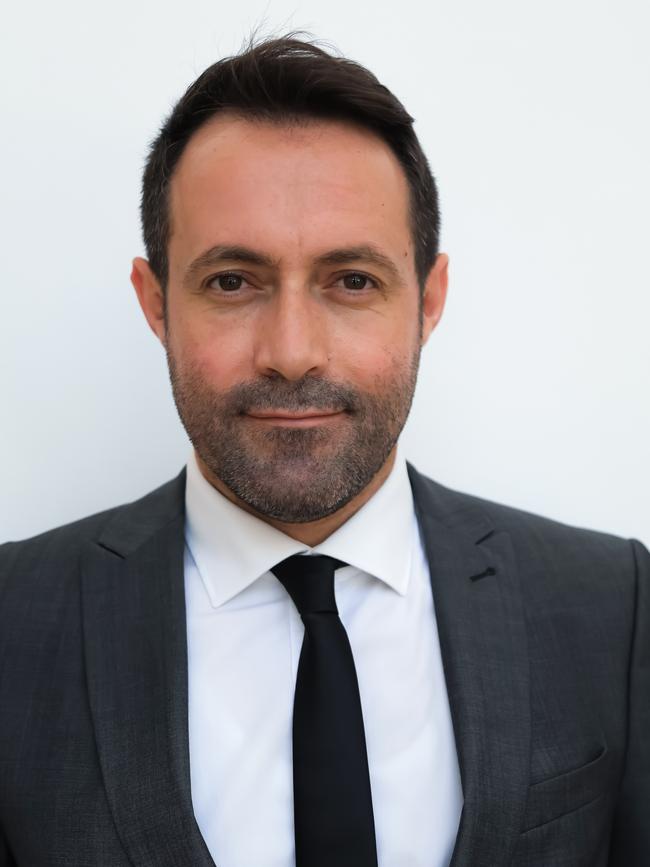
Rozana in 2024 also partnered with a health project in Gaza, and registration with the PA is significant given its coinciding with the tentative ceasefire, offering new avenues to expand its programs in the Strip. While multinational NGOs have representative offices, it is the first time a “cross-border” body – that works both in Palestine and Israel, where Rozana has longstanding operations – has got the approval in years.
“(Some large NGOs) don’t do any work in Israel, they’re doing development work in Palestine, but have no connection across the border in Israel,” Mr Finkel said.
“That is the key difference … Rozana’s core philosophy believes in the power of health to build cross-border relationships.
“Absent this official status, (public) hospitals report to the health ministry, which doesn’t authorise them to speak to this kind of NGO.
“This status enables (us) to engage with the PA’s ministries, public institutions, universities and hospitals, and their leaderships.
“(The PA health ministers) are very keen on doing certain things with us … This is where rubber hits the road and we’ll see areas where bridges can be built.”
Rozana’s advocacy director, Mr Asideh, will be the lead liaison with the PA and swath of public institutions now open to the NGO. A former Melbourne resident – described by Mr Finkel as a “true leader” who was “committed to a two-state solution” – Mr Asideh said Rozana sought to improve the domestic health situation and its capabilities, not via aid but development.
A USAID funding grant went toward one program where Israel nurses trained about 250 Palestinian counterparts, who are now teaching the generation behind them. “It has a multiplier and ripple effect,” Mr Finkel said. “It’s health diplomacy in action, and it’s something that can be replicated, it’s not unique to Israel and Palestine – but if you can make it (here) you can make it anywhere.”



